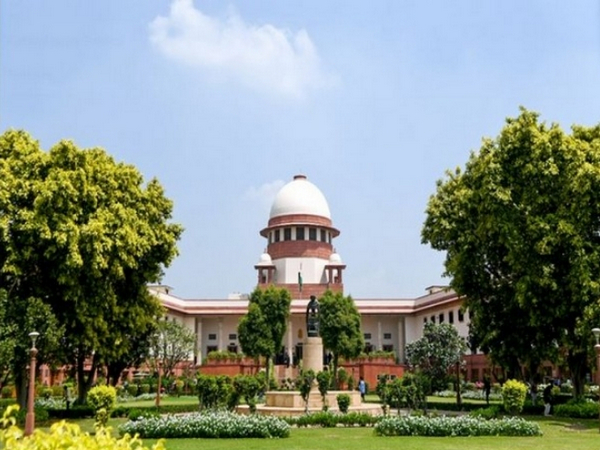Supreme Court Eases Ad Hoc Judge Appointments to Tackle Case Backlog
In a bid to address the mounting backlog of cases, the Supreme Court has relaxed conditions for High Courts to appoint retired judges on an ad hoc basis. The Court allows the appointment of two to five judges, not surpassing 10% of a court's strength, through Article 224A of the Constitution.

- Country:
- India
In a decisive move to tackle the burgeoning backlog of cases, the Supreme Court on Thursday eased restrictions for High Courts on appointing retired judges as ad hoc appointees. The judgement, delivered by CJI Sanjiv Khana alongside Justices BR Gavai and Surya Kant, allows for the appointment of two to five additional judges, provided that the total number does not exceed 10% of the court's sanctioned strength.
The ad hoc judges will preside over benches led by sitting High Court judges, specifically targeting the resolution of pending criminal appeals, as clarified by the CJI-led Bench. The adoption of Article 224A of the Constitution permits this additional judicial resource, aimed at reducing the extensive backlog stifling judicial efficacy across the nation.
This resolution follows a petition from NGO Lok Prahari, highlighting the urgent need to address case delays across India's High Courts. According to the National Judicial Data Grid, over 62 lakh cases are pending, with substantial portions being criminal and civil cases. Despite a prior ruling restricting ad hoc appointments to circumstances where less than 80% of positions were filled, the Court has now removed this limitation to expedite case resolution.
(With inputs from agencies.)
ALSO READ
Controversial Appointment in Trump's State Department: Darren Beattie Takes New Role
Government Announces Appointment of Seven Family Court Associates
England Prepare for Champions Trophy Amid T20 Disappointment
Controversial Appointment: Anurag Gupta Takes Helm as Jharkhand DGP Amid BJP's CBI Probe Demand
Controversy Erupts Over Jharkhand DGP Appointment










